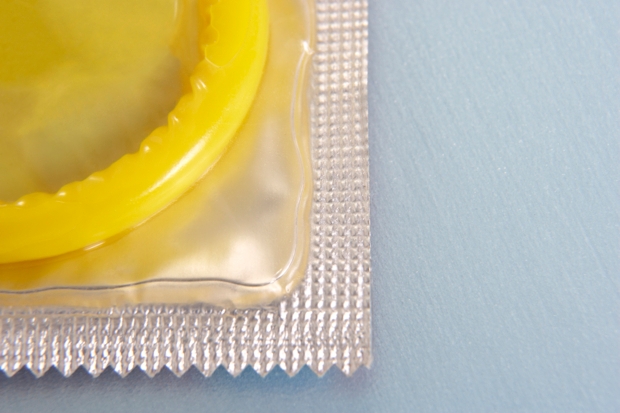There are two ways to protect children from the damaging and misleading depictions of sex they get from online pornography. One is to give them comprehensive age-appropriate sex education, so that they understand porn is not a guide to real life and have the information to process what they see. The other is to ban porn for everyone, adults included.
David Cameron’s government tried the latter approach, with mandatory safeguards enforced by internet providers and censorship of adult websites. Now Theresa May’s government, under the guidance of education secretary Justine Greening, is trying the less draconian and more practical approach, by announcing compulsory school sex education that addresses the issues of online pornography in addition to the standard reproductive biology.
The ‘family-focussed’ social conservatives are not happy about this. They say children need to be ‘protected’ rather than educated. But we all know, realistically, that the only way to make sure porn is inaccessible to children is to make it inaccessible for adults too. And we should be wary of any government that tries to restrict what consenting adults can watch and do. That leaves education as the only solution.
Greening’s guidelines aren’t just about porn. The new sex education syllabus covers relationships too. It is this aspect, and not the condoms-on-bananas demonstrations, that will be taught in primary schools – conversations about personal boundaries, communication, consent and respect. These lessons, if taught early, can save both boys and girls a world of misery when they grow older by teaching them to make informed decisions. Think of it as an immunisation against toxic relationship traits they may encounter later on. We know that comprehensive sex education lowers the rates of teenage pregnancies and STI transmission. Comprehensive relationship education could do the same for rates of sexual assault, rape, and abusive relationships.
53 per cent of women in prison have been victims of abuse. Think how much healthier our society would look if teenagers and young adults were taught skills to navigate sex safely, if they had been shown equal and realistic relationship models to counter the unrealistic perception of sex and gender relations shown in porn (and possibly in their home lives). It’s not just girls who would benefit – we could save young men from mistakes that could lead to rape and sexual harassment charges by giving them tools to mitigate the pernicious myths about women and sexuality found online.
The fact is, children are going to learn about sex, whether from their friends, the internet, or guiding adults. Isn’t it better the information they get is accurate and positive? Nor can we leave it up to parents alone. Of course parents can help inform and explain, but the children of those who are too embarrassed or uninterested to do so need educating too. This isn’t about encouraging children to have sex or robbing them of their innocence. It’s about inoculating them for the rest of their adult lives, offering them healthy relationship models and reducing the risk of sexual violence and abuse. And as a bonus, we get teenagers who are better at communicating and respecting each other. Win win.
Rachel Cunliffe is the deputy editor of Reaction






Comments